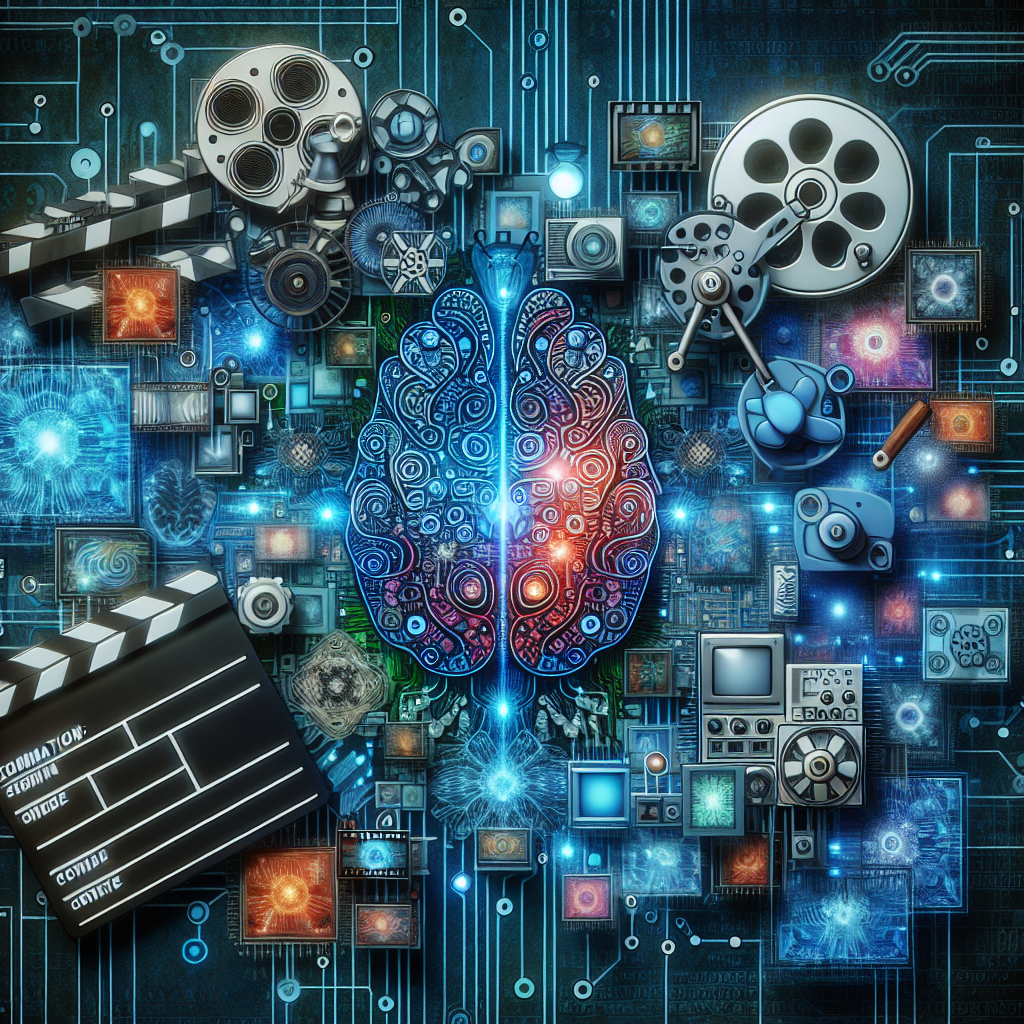Oscars Embrace AI in Filmmaking
Stanley Kubrick once envisioned machines contemplating art, a provocative fantasy seen in his collaborations for 2001: A Space Odyssey. Today, that science fiction scenario inches closer to reality as the Academy of Motion Picture Arts and Sciences officially recognizes a disruptive force in storytelling: Artificial Intelligence. With a landmark rule change for the 97th Academy Awards, the Oscars embrace AI in filmmaking—a decision that reshapes Hollywood’s creative boundaries and ethics.
What the New Oscar Rule Means for AI in Film
The Academy has clarified its eligibility requirements in response to the growing influence of AI tools in film production. This update isn’t just semantic. Previously unaddressed, the role of AI in film editing, scriptwriting, and even performance enhancement led to confusion among creators and voters alike.
According to the Academy’s recent announcement, films that contain elements created by artificial intelligence are still eligible for Oscar consideration, but with key limitations:
- AI-generated content must not displace or overshadow human artistic contribution.
- The core storytelling and authorship must remain attributed to human creators.
- Transparent disclosure is required for any use of AI in principal crafts such as screenplay, editing, or visual effects.
These guidelines mark the Academy’s first formal attempt to integrate—but not fully embrace—AI technologies into the prestige-value world of traditional filmmaking
.
Why the Change Now?
This move comes amid a turbulent year in Hollywood. Industry strikes across the Writers Guild of America and SAG-AFTRA included AI usage in entertainment as a central issue. With studios experimenting with AI for everything from de-aging actors to voice synthesis, the Academy faced increasing pressure to address AI’s growing presence on set and in post-production suites. This policy shift walks the line between innovation and protection, asserting that AI must augment, not replace, creative integrity.
From Tool to Co-Creator?
AI tools like ChatGPT, Runway, and Midjourney have sparked a creative revolution that touches every part of filmmaking. Writers now have AI collaborators for outlining and ideating. Editors can use machine learning to automate rough cuts. Even performance capturing has found assistance in deep learning algorithms. Yet, in Oscar terms, the use of these tools now requires scrutiny.
“The artistic intent must originate from a human creator,” states the Academy. This statement sets AI on a path similar to other technological innovations like green screens or motion capture: it’s a tool, not a co-nominee.
Creative Community Reacts
Reactions across the filmmaking industry are mixed. Some hail the decision as overdue acknowledgment of the tools that are already shaping modern cinema. Others argue it doesn’t go far enough in either embracing innovation or protecting legacy formats. Filmmakers like Alex Garland and Spike Jonze, both known for tech-forward films, may find new opportunities to experiment under these clarified guidelines.
Looking Ahead to the AI-Aided Oscars
As the film industry adapts to yet another evolution, one thing is certain: the Oscars embrace AI in filmmaking not as a novelty, but as a necessary regulation. This path toward hybrid storytelling will require ongoing oversight, yet it may also unlock artistic frontiers previously unimagined.
For the full rule change details and official statements, visit the original article on The Verge.

